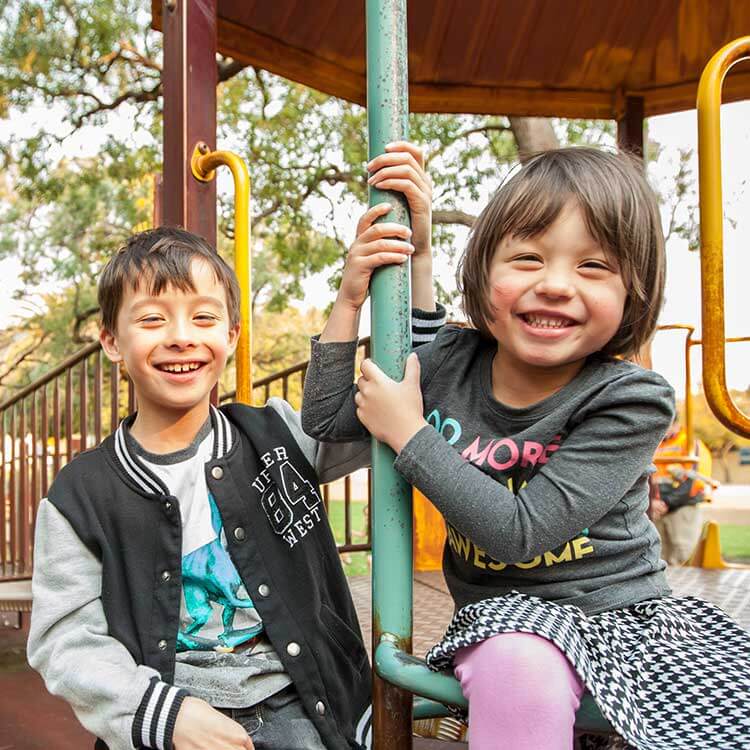Search
Research
FluBubs: Safety and immunogenicity of Early Quadrivalent Influenza VaccineChristopher Tobias Blyth Kollmann MBBS (Hons) DCH FRACP FRCPA PhD PhD, M.D., SFUW Centre Head, Wesfarmers Centre of Vaccines and Infectious Diseases;
Research
Linkage of the Australian Childhood Immunisation Register (ACIR) and state-based registers to evaluate and inform Australia’s immunisation programChristopher Hannah Tom Blyth Moore Snelling MBBS (Hons) DCH FRACP FRCPA PhD OAM BSc (Hons) GradDipClinEpi PhD BMBS DTMH GDipClinEpid PhD FRACP Centre
Research
Moort Vax Waangkiny: Understanding reasons for routine vaccine uptake among Aboriginal children aged <5 years in Perth (Boorloo) metroAboriginal children aged younger than 5 years in Perth (Boorloo) have lower vaccine uptake compared to non-Aboriginal children.

Research
Paediatric Active Enhanced Diseases Surveillance (PAEDS)PAEDS monitors for key vaccine preventable conditions and severe side effects from vaccine in 5 paediatric hospitals in Australia.
Research
Post tuberculosis disabilityKefyalew Alene BSc, MPH, PhD Head, Geospatial and Tuberculosis 0404705064 Kefyalew.alene@thekids.org.au Honorary Research Fellow Dr Kefyalew Alene
Research
Spatiotemporal patterns of drug susceptible and drug resistant tuberculosis in Hunan Province, ChinaInvestigators: Kefyalew Alene, Archie Clements External collaborators: Kerri Viney, Dr Darren J Gray (Australian National University) Zuhui Xu (
This tool is designed to help current and future parents and caregivers as well as health care providers. It is currently based on the 2025 Western Australian RSV immunisation program.
Research
Prevalence of and risk factors for human rhinovirus infection in healthy aboriginal and non-aboriginal western australian childrenHuman rhinovirus (HRV) species C (HRV-C) have been associated with frequent and severe acute lower respiratory infections and asthma in hospitalized children.
Research
Reduction in disparity for pneumonia hospitalisations between Australian indigenous and non-Indigenous childrenIn the 1990s pneumonia hospitalisation rates in Western Australia (WA) were 13 times higher in Indigenous children than in non-Indigenous children...
Research
Hospitalisation for bronchiolitis in infants is more common after elective caesarean deliveryThe authors previously reported an increased risk of hospitalisation for acute lower respiratory infection up to age 2 years in children delivered by...
